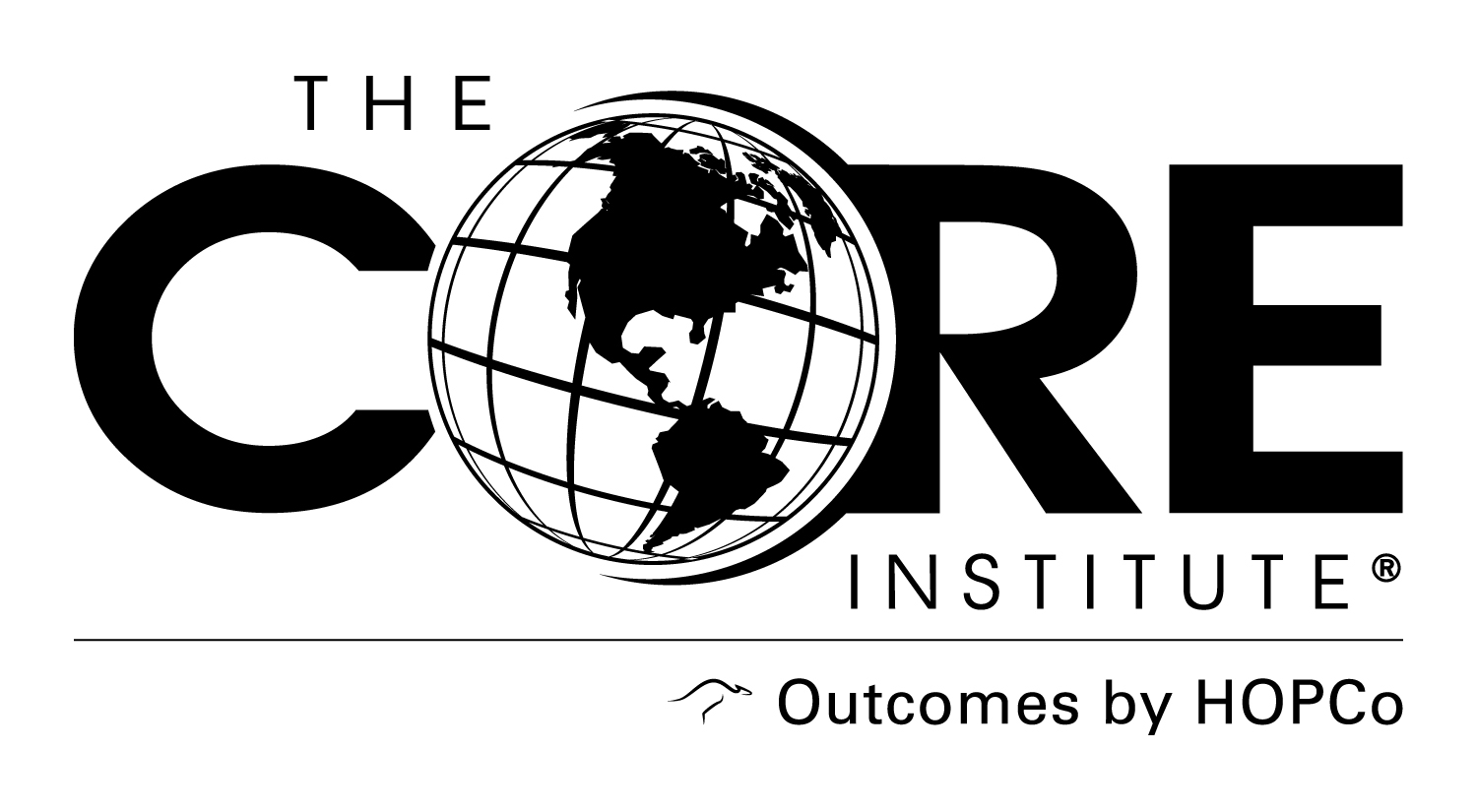Conditions We Treat
Depend on our doctors to diagnose and treat:
-
- Calcium deficiency (hypocalcemia) – a lack of the mineral calcium in the body
- Fragility fracture – broken bone caused by a fall or injury
- Hyperparathyroidism – when overactive parathyroid glands cause too much calcium in the blood (hypercalcemia)
- Insufficiency fracture – a type of stress fracture (broken bone) due to bone weakness
- Non-healing fractures – broken bones that do not heal after routine treatment
- Osteopenia – when bones are weak but not as severely as bones with osteoporosis
- Osteoporosis – weak or brittle bones due to aging, lack of calcium or vitamin D, or hormone changes
- Vitamin D deficiency – a lack of vitamin D, a nutrient that helps the body make strong bones
High Standards for Care & Safety
Expect high-quality treatments to help you reach your goals. The CORE Institute follows national standards set by:
-
- American Orthopaedic Association’s Own the Bone
- National Osteoporosis Foundation
- National Quality Forum
Schedule an Appointment
Our Bone Health Specialists
Osteoporosis Prevention & Care
Ask our physicians if you’re at risk for osteopenia or osteoporosis. You may have screening tests, such as a dual-energy X-ray absorptiometry (DEXA) scan. This is an imaging test that helps assess the density of your bones. Your doctor can recommend lifestyle changes, exercises, medications, and supplements to increase the strength of your bones.

Your Care Plan
-
- Calcium & Vitamin D Intake
- Education about your condition
- Exercise, core strengthening, and balance training
- Fracture or trauma care
- Lifestyle changes for overweight patients to support bone health
- Lifestyle changes for underweight patients to support bone health
- Nutrition planning
- Osteoporosis screening & prevention
- Pain management options
- Physical therapy
- Prescription medications
- Risk factor reduction in your home to prevent falls and fractures
- Smoking cessation – facts about smoking
- Smoking cessation – how to quit
- Making the decision to quit tobacco


